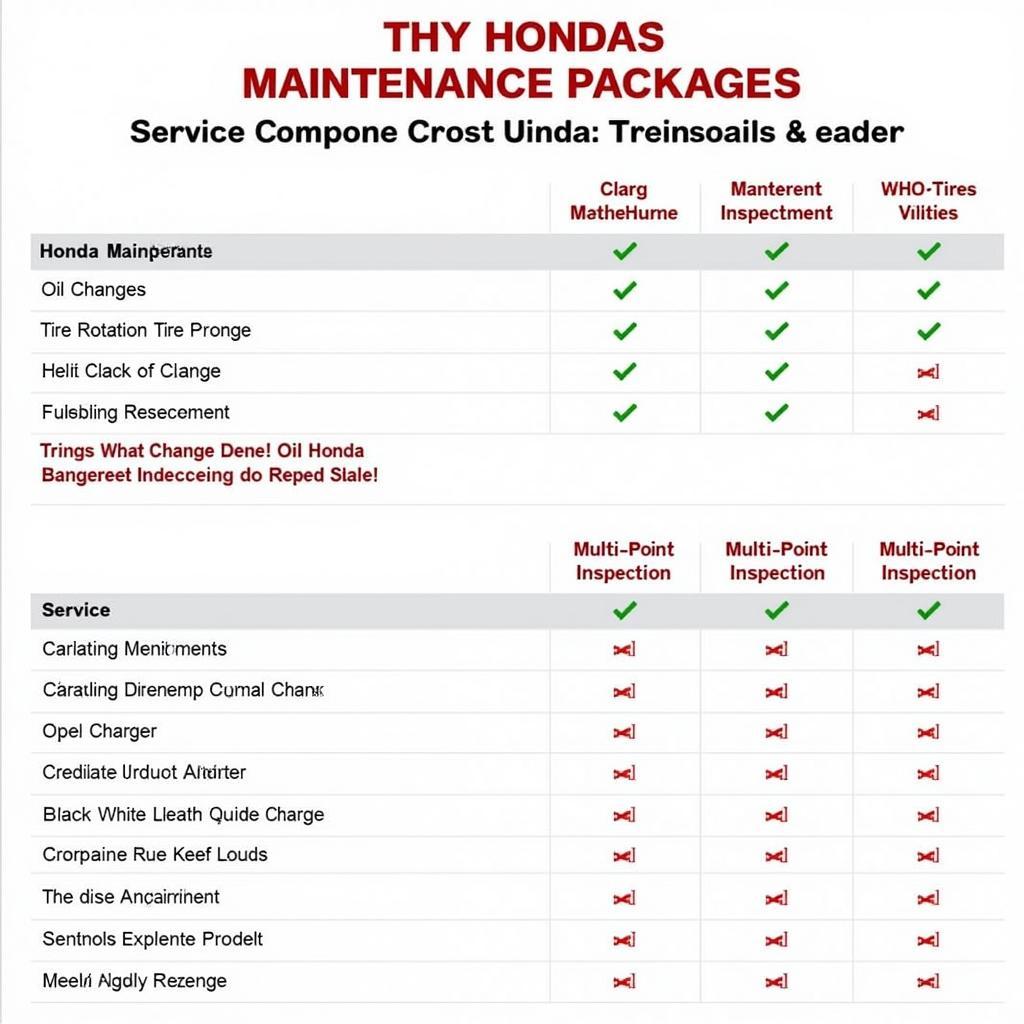Buying a used car can be a great way to save money, but what happens if you buy a car with problems? This article will guide you through the potential pitfalls of purchasing a problematic vehicle and offer solutions for car owners, repair shops, and technicians.
Buying a used car can be a nerve-wracking experience. You’re excited about the prospect of a new (to you) vehicle, but worried about potential hidden issues. What Happens If I Buy A Car With Problems? This is a valid concern, and understanding the potential consequences is crucial before signing on the dotted line. From minor cosmetic issues to major mechanical failures, unforeseen problems can quickly turn your dream car into a financial nightmare. This article will explore the various challenges you might face when purchasing a car with pre-existing issues and offer practical advice on how to navigate these situations. Similar to car problems transmission, transmission problems can be a major headache.
Understanding the Risks of Buying a Car with Problems
The first step is to understand the types of problems you might encounter. These range from minor cosmetic blemishes, like a small scratch or dent, to significant mechanical issues, such as engine or transmission problems. Electrical issues can also be a common and often expensive problem. Identifying the severity of the problem is essential in determining your next course of action.
Identifying Common Car Problems
Some common problems include worn brakes, tire issues, faulty sensors, and suspension problems. These issues can affect the safety and drivability of the vehicle. A thorough pre-purchase inspection by a qualified mechanic is crucial. This inspection can reveal hidden problems and save you from costly repairs down the road.
What are the most common mechanical problems in used cars? Engine problems, transmission issues, and brake failures are among the most common and costly mechanical problems in used cars.
What to Do If You’ve Already Bought a Car With Problems
If you’ve already purchased a car and discovered problems, don’t panic. Several options are available depending on the nature of the problem and the circumstances surrounding the purchase.
Review the Purchase Agreement
Carefully review the purchase agreement, including any warranties or guarantees. If the car was purchased “as is,” your options might be limited. However, if the seller misrepresented the condition of the car, you may have legal recourse.
Contact the Seller
Communicate with the seller and explain the issues you’ve encountered. In some cases, the seller might be willing to contribute to the repair costs. This is especially true if they were aware of the problem before the sale.
What if the seller refuses to help with repairs? If the seller refuses to help, you might need to pursue legal action or explore other options, such as filing a complaint with your state’s consumer protection agency. Just like the issues discussed in iphone 5s bluetooth problems car, unforeseen electronic issues can be frustrating.
Protecting Yourself When Buying a Used Car
The best way to avoid problems is to be proactive. Thoroughly research the car’s history, get a pre-purchase inspection, and carefully review the purchase agreement before signing. These steps can save you time, money, and frustration in the long run.
The Importance of a Pre-Purchase Inspection
A pre-purchase inspection is essential when buying a used car. A qualified mechanic can identify potential problems and provide an estimate of repair costs. This allows you to make an informed decision and potentially negotiate a lower price. Problems with car accessories, such as those mentioned in problems with car visors, can be minor but still important to address.
How can I find a reputable mechanic for a pre-purchase inspection? Ask for recommendations from friends, family, or online communities. Look for mechanics with certifications and positive reviews. This article on smart cars on smart roads problems of control highlights the importance of proper vehicle maintenance for optimal performance.
Conclusion
Buying a car with problems can be a stressful experience, but understanding your rights and taking proactive steps can minimize the risks. A thorough pre-purchase inspection is crucial. Remember, an ounce of prevention is worth a pound of cure. If you’ve already bought a car that has problems, you’re not alone. Similar situations are explored in i bought a car that has problems, offering further guidance and resources. For further assistance and expert advice, contact AutoTipPro at +1 (641) 206-8880 or visit our office at 500 N St Mary’s St, San Antonio, TX 78205, United States.





Leave a Reply